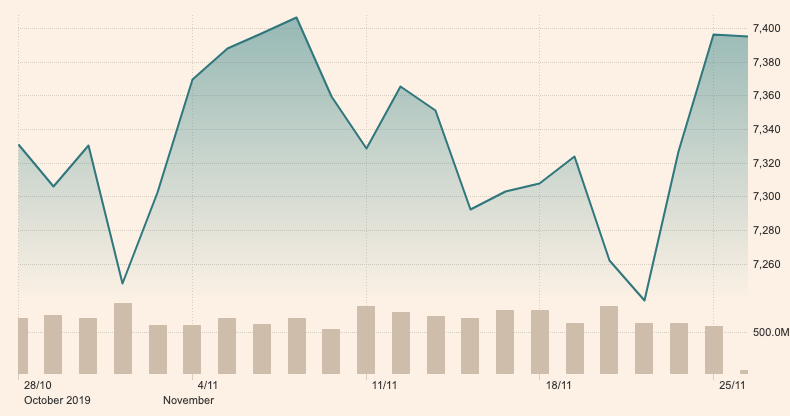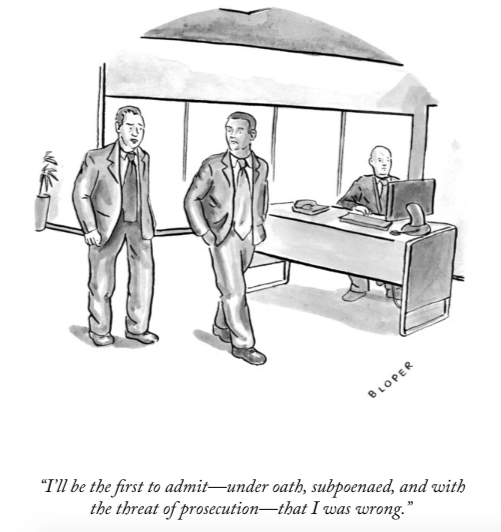- Charlotte Street Partners

- Nov 26, 2019
- 5 min read
Updated: Dec 4, 2019
26th November 2019
Written by Scott Reid, Associate Partner
Edited by David Gaffney, Partner
Good morning,
The world wide web. The net. For the extremely nerdy among us, “the information superhighway”, or InfoBahn, if you’re German. And to think “surfing” used to be considered quite cool. The ways we once spoke about the internet already look dated. And after three decades of progress, they are also increasingly inaccurate. Who needs to “go” online when we live in the internet of things? Or, more significantly, what’s so “world wide” about the web, when China, the US and Europe envisage and use the internet for often competing ends? That latter thought – or “splinternet”, if you’ll allow me just one more indulgence in jargonry – came to mind as Sir Tim Berners-Lee published his Contract for the Web to relaunch the internet yesterday. The term splinternet itself is not new, just as the balkanisation of the internet between different jurisdictions that it refers to is nothing new. But it seems to me this way of thinking, whether we like it or not, has a huge bearing on Sir Tim’s proposed solutions to the internet’s seemingly endemic problems, including hate crimes, privacy invasion and electoral manipulation. ‘The World Wide Web: A Mid-Course Correction’ was also Sir Tim’s topic of choice for this year’s Richard Dimbleby Lecture, hosted by the BBC last week. In it, he set out an all-or-nothing choice facing society; either we “act now, and act together” or we risk squandering “the power of the web to transform people’s lives, enrich society and reduce inequality”. For the time being, though, I’d counter that we have to work with the lot we’ve been given. Whilst China seems set on a course towards ever-greater internet surveillance, Russia for electoral interference, and the US government for every buck it can get its hands on by ditching net neutrality laws as it has done since 2017, European governments and private companies seem alive to the potential dangers - and the opportunities to strengthen regulation. Sure, signing up to the Contract for the Web might be good PR for the likes of Microsoft, Twitter, Google and Facebook, all of which have signalled that they will adhere to its nine principles so far. But for Big Tech, the challenge posed by further balkanisation is existential. If you can’t expand your market abroad or at least make it more attractive to domestic users by better protecting their data online, how do you continue to grow? Western governments and Big Tech companies can't wait around for internet abusers everywhere to get with the programme. Better that they collectively demonstrate that turning a profit and strengthening protections for users online aren't binary opposites, and in fact can be an avenue for positive growth on the internet globally.
News
A US federal judge has ruled that employees of the White House may be compelled to testify in the impeachment inquiry against President Trump. US district judge Ketanji Brown Jackson said that “no one, not even the head of the executive branch, is above the law. She specifically ruled that a former senior aide to the president, Don McGahn, must now appear before the House of Representatives Judiciary Committee. More than one million new voters have been registered in the UK ahead of a deadline tonight for the general election. Official figures show that 1,036,450 people submitted applications between Monday 18 and Sunday 24 November, with around 70% estimated to originate from voters aged under 35, and 37% aged under 25. Applications close at midnight today. Three antique diamond jewellery sets worth around $1 billion have been stolen from Dresden’s Green Vault. The collection was created in 1723 and is believed to be among the largest and oldest sets of intact jewellery sets in the world. Thieves were captured on camera as they broke into the vaults early yesterday morning.
Business and economy
Uber will not be granted a new licence to operate in the UK’s capital, Transport for London said yesterday. The regulator concluded that the taxi app firm was not “fit and proper” after identifying a “pattern of failures” connecting at least 14,000 fraudulent trips that took place in London during late 2018 and early 2019. Uber may appeal the ruling and would be able to continue to operate during that process. World trade contracted sharply during September, marking its longest slump since 2009. According to the CPB World Trade Monitor, volume of global trade fell by 1.3% in September, following a 0.5% expansion during August, but concluding a fourth consecutive year-on-year drop overall. (£) Sports Direct International will hold a shareholder vote in December on whether to rebrand as Frasers Group. The firm’s owner Mike Ashley said the name would reflect the group’s “changing consumer proposition” and would allow it to cement the position of its House of Fraser luxury stores on the high street. A shareholder vote will take place on Monday 16 December.
Markets
What happened yesterday?
The currency and stock markets enjoyed a rare moment of mutual gains on Monday as China appeared to relent on some key sticking points in its trade talks with the USA. By close of play, the FTSE 100 was up 0.95% at 7,396.29 points whilst the pound was up on both the dollar by 0.4% at $1.29 and by 0.49% on the euro at €1.17. According to China’s state-run Global Times newspaper, the US and China are “very close” to agreeing a phase one trade deal after the Chinese ramped up its penalties for future IP violations. The focus now is on finding agreement before December 15, when $150 billion of tariffs would otherwise be imposed. Miners were the day’s standout gainers on the equity markets with Rio Tinto (+0.92%), Anglo American (+0.17%), Glencore (+0.59%), Antofagasta (+0.20%) and BHP (+0.58%) all higher. The announcement that Burberry (+2.71%) peer LVMH will buy US jeweller Tiffany for $16.7 billion also led to a bump in the French luxury goods company’s stock. As gold prices retreated, however, so did shares in precious metals miners Fresnillo (-3.81%) and Centamin (-2.41%). The owner of Wagamama, Restaurant Group, also suffered after revealing that growth in its like-for-like sales in the UK during the second quarter had halved to 6.3%.
What's happening today?
Finals
Compass Group Paragon Group Ten Life Treatt UDG Healthcare
Interims
Cranswick Draper Esp Gb Group Design Group Imimobile Lxi Reit Schroder Real Victoria
AGMs
Bluefield Solar Clinigen Rev Bars Scotgold Di
Trading Announcements
Intertek Group
Int. Economic Announcements
(07:00) GFK Consumer Confidence (GER) (14:00) House Price Index (US) (15:00) New Homes Sales (US) (15:00) Consumer Confidence (US)

Columns of note
In The Times, the leader of the Jewish faith in Britain, Chief Rabbi Ephraim Mirvis, strongly rebukes the prospect of a Jeremy Corbyn-led Labour government following the general election. Mirvis describes the party’s claim that it is “doing everything” to tackle antisemitism as a “mendacious fiction” and contrary to British values. Although stopping short of telling people how they should vote, Mirvis asks: “what will become of Jews and Judaism in Britain if the Labour Party forms the next government?” John Thornhill writes in the Financial Times that people, not governments, should exercise digital sovereignty. Commenting on Sir Tim Berners-Lee launch of the Contract for the Web, Thornhill argues that governments have been too slow in responding to change and should instead decentralise rather than regulate user agency online. He argues that a user-centric data economy which gifts purchasing power to individuals could be the next evolution of capitalism online, and so presents new business opportunities.

Did you know?
In 2017, Saudi Arabia accidentally printed history textbooks that showed Yoda presiding over a committee at the founding of the United Nations.
Parliamentary highlights
TODAY House of Commons The House will next sit on Monday 16 December 2019. House of Lords The House will next sit on Monday 16 December 2019. Scottish Parliament Topical Questions Scottish Government Debate Scotland as a Science Nation Members’ Business The Positive Contribution of Catholic Schools – Elaine Smith
TOMORROW
Scottish Parliament Scottish Liberal Democrat Party Debate Mental Health Members’ Business 16 Days of Activism Against Gender-based Violence – Rona Mackay

Comments